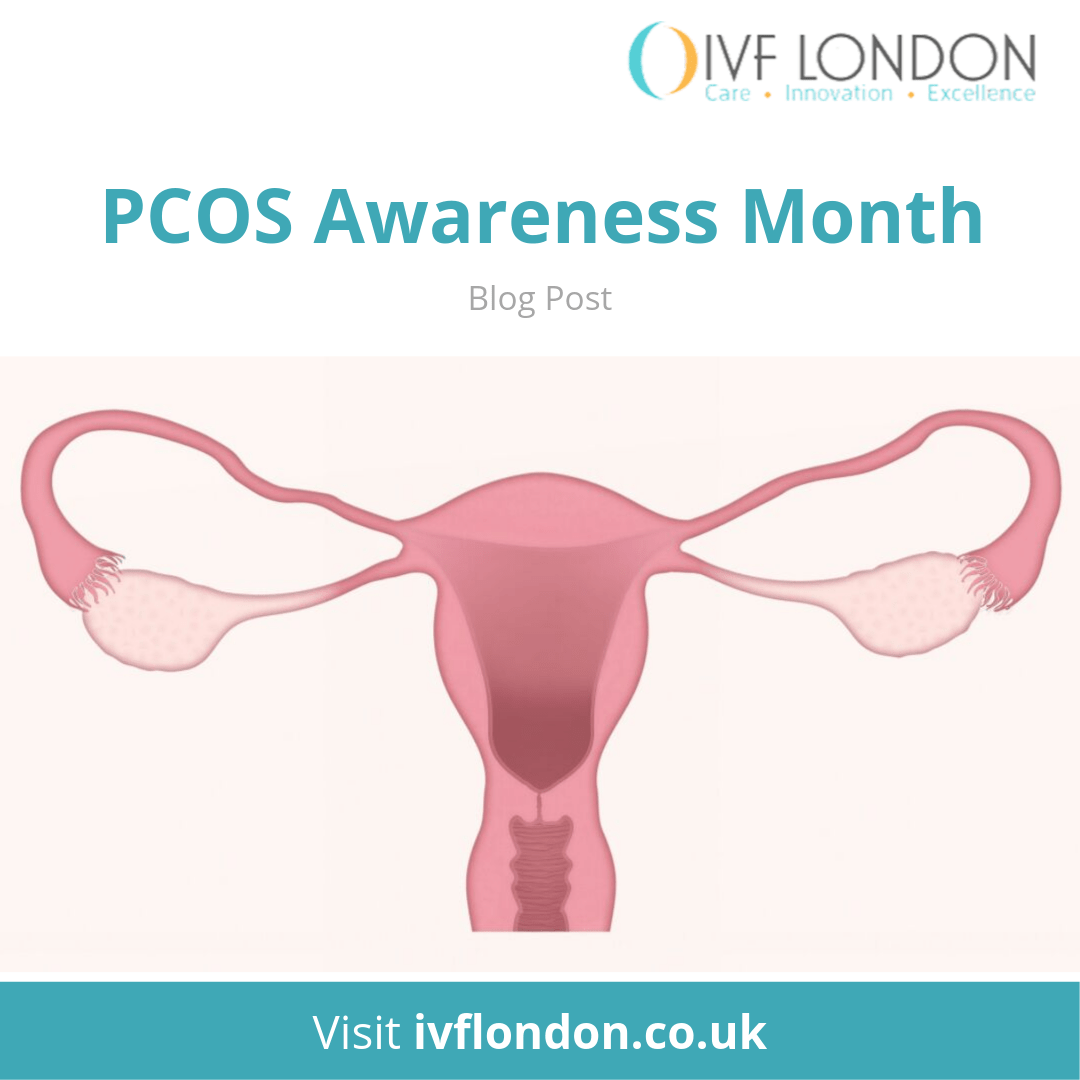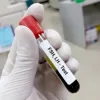PCOS Polycystic Ovary Syndrome:
symptoms, infertility and treatment
Polycystic ovary syndrome (PCOS) is a common condition that affects 1 in 1o women. It is characterised by:
- irregular or no periods periods – which means you are not ovulating regularly
- excess androgen – high levels of “male” hormones
- polycystic ovaries – your ovaries become enlarged and contain many follicles
Polycystic ovary syndrome (PCOS): symptoms
PCOS symptoms usually become apparent during teenage years or early 20s. These symptoms can include:
- difficulty getting pregnant as a result of irregular/failure ovulation
- irregular periods or no periods at all
- excessive hair growth (usually on the face, chest, back or buttocks)
- thinning hair and hair loss from the head
- weight gain
- oily skin
Polycystic ovary syndrome (PCOS): treatment
Although there is no treatment for PCOS, you can manage the symptoms.
- Irregular periods and infertility can be managed with medication. If these don’t work, you can also have a surgical procedure (laparoscopic ovarian drilling) to improve fertility. With treatment, most women will be able to get pregnant.
- Weight gain can be managed with a healthy, balanced diet. This can improve some of the other symptoms as well.
- Excessive hair growth can be managed with medication.
Polycystic ovary syndrome (PCOS): fertility
Even though most women with PCOS find it difficult to get pregnant, with the right treatment, fertility can be improved. You can take medication to regulate your cycles and ovulate regularly. Clomifene is the most common medication, and encourages a monthly release of an egg (ovulation). Metformin can also be used if clomifene doesn’t work. Metformin has an added benefit of regulating insulin resistance and reducing the risk of long term PCOS problems like high cholesterol and heart disease. Letrozole is another off-label medication which can be used to stimulate ovulation and improve fertility in women with PCOS.
If this oral medication treatment doesn’t work, you can have medication injected or you can have IVF. A surgical procedure – laparoscopic ovarian drilling – can also be recommended to improve fertility. This procedure uses a laser to destroy the tissue in the ovaries that is producing androgens.
With treatment, most women with PCOS are able to get pregnant.
If you are experiencing some of the symptoms or need help managing PCOS Polycystic Ovary Syndrome, get in touch with IVF London, visiting us during one of our open evenings or scheduling an appointment.






